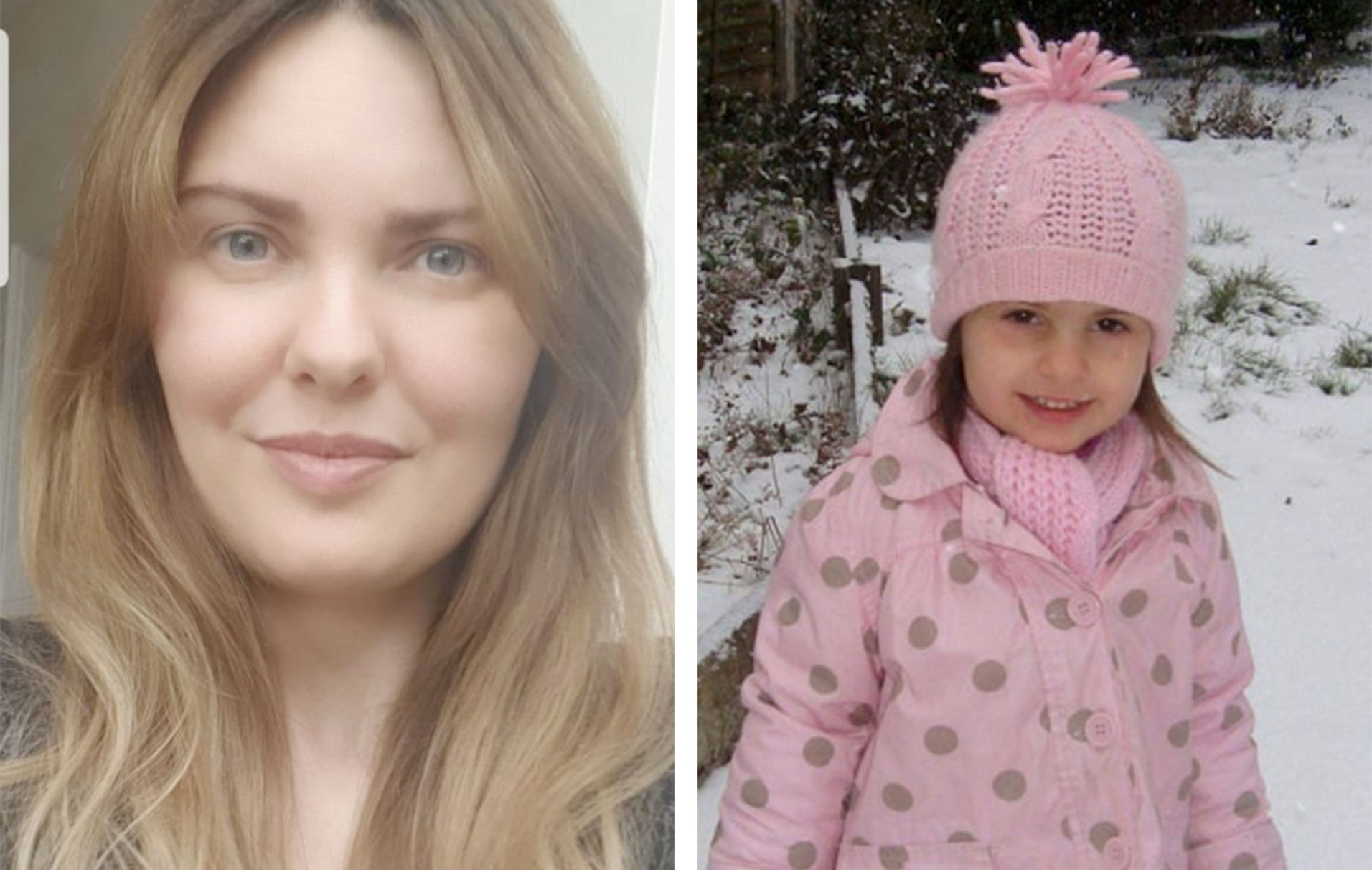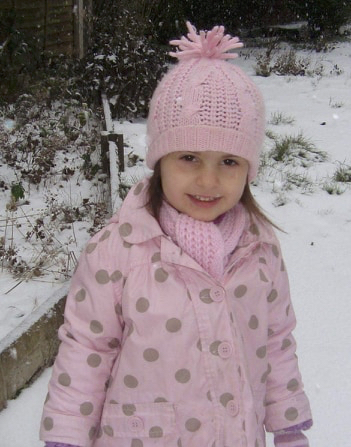What you need to know about deadly viruses

Parenting advice, hot topics, best buys and family finance tips delivered straight to your inbox.
You are now subscribed
Your newsletter sign-up was successful
Pandemics are nothing new – but how will the world cope with this latest threat?
As many places around the world have gone into lockdown due to the spread of a new life-threatening virus, tourist attractions stand empty and photos of deserted streets flood the news.
Worried citizens have been panic-buying essentials, stripping shelves of everything from pasta to toilet rolls.
Despite government reassurances, many people feel anxious as plans are put into action to deal with the mass outbreak of the coronavirus COVID-19.
The coronavirus is a family of viruses that cause respiratory infections in humans, ranging from the common cold to more severe diseases, like SARS. This most recent strain, COVID-19, believed to have passed from bats to humans, originated in Wuhan, China.
But viral outbreaks aren’t a new phenomenon. The earliest known pandemic was recorded in 430BC Athens during the Peloponnesian War, when a disease suspected to be typhoid fever spread from Africa to Greece, wiping out two thirds of the population.
Since then, plagues, leprosy and cholera have decimated populations, while seasonal flu is estimated to kill up to 650,000 people every year, with the elderly and vulnerable most at risk.
Parenting advice, hot topics, best buys and family finance tips delivered straight to your inbox.
In the past 50 years, a spate of virus outbreaks have caused panic, and while it is still unclear just how bad this 2020 outbreak might yet be, Woman’s Own speaks to one mum about the consequences of losing a loved one during a pandemic.
‘I couldn’t accept that my girl was gone’
Gemma Ameen, 37, lives in the West Midlands with her husband, Zana, 44, and their children, Lian, eight, and Aran, six.

When the swine-flu pandemic first occurred in April 2009, I wasn’t worried, but by December 2010, when a vaccine was available, I enquired about getting it for my daughter, Lana, then three, and I, just in case. She was healthy, but I was four weeks pregnant and we were spending Christmas with my parents in Manchester, where there’d been an outbreak.
Medics refused, though, telling me the risk was minimal. Yet, on 23 December, both Lana and I came down with a fever and sore throat. My mum’s doctor gave us Calpol but, overnight, Lana’s fever got worse, and when she awoke screaming, we rushed straight to A&E. She was given antibiotics, and while she was exhausted and feverish, she stopped crying and we were sent home.
Lana managed to open her presents and eat a little dinner on Christmas Day, but that evening, as I woke her up from her afternoon nap, her eyes rolled back and she started jerking uncontrollably.
‘Call an ambulance,’ Zana shouted as he put Lana into the recovery position.
At hospital, she was hooked up to an antibiotic IV – but, worried about her seizure and the speed of her deterioration, doctors blue-lighted her to a specialist care unit at Alder Hey Children’s Hospital in Liverpool.
Despite feeling unwell myself, I sat shaking with worry as Lana had scans. Within hours, doctors were telling us she’d suffered brain damage, her organs were shutting down and the kindest thing now was to turn off her life-support machine.
In shock, I couldn’t take anything in as I was led into her room to say goodbye.
‘I love you,’ I whispered as Zana and I held our beautiful toddler’s hands and she slipped away just two days after first falling ill. I held it together until we left the room, then collapsed into Zana’s arms.

Days later, tests confirmed swine flu had caused Lana’s body to shut down, even though she’d been perfectly healthy. As well as the sudden unbridled grief, I felt so angry, and for a long time couldn’t accept Lana was gone or let go of the idea that a vaccine could have saved her.
I campaigned for an injection to become available for all children, and that, along with my pregnancy, helped stop grief swamping me, especially when, the following year, the vaccine started being offered to all children.
It didn’t bring Lana back, but it was some comfort her death might save other children. My youngest two children never got to meet their big sister, but I make sure they get the flu jab each year.
Ten years on, I grieve daily for Lana and the life she could have had, so when I heard the new strain of coronavirus had reached the UK, I was terrified. It’s important to take every precaution – we can’t be complacent or dismiss the danger, even if you think you and your kids are perfectly healthy.
A pandemic ripped my family apart, we couldn’t go through that loss again, and my heart breaks for anyone now suffering.
‘We are better equipped than ever before’
Dr Margaret Harris, WHO (World Health Organization) spokesperson, says: We are better equipped than ever before because our scientists collaborate better, share data more transparently and work at extraordinary speed to learn more and more about the virus.
Within a few weeks of recognising a cluster of cases of a new illness in Wuhan, Chinese scientists had isolated the virus and shared the genome so that a test could be developed and all countries could then track what was going on in their communities.
This is unprecedented in the history of infectious-disease outbreaks. Treatments for people ill with COVID-19 are being tested right now – these are antivirals that work against similar viruses, but we will not have the results for some months.
Vaccines are given to healthy people to enable their immune system to block the virus. However, it will take at least 12 months for the proof of effectiveness and human safety trials to be completed before any vaccine can be used.
If you’re worried about family members who are at risk, keep them away from crowded places and encourage them to take exercise where there is plenty of open space and fresh air.
If anyone in the family may have been in contact with people with respiratory illness, they should stay away from vulnerable family members and not share eating utensils or bathrooms if possible.
Recent viruses explained
Asian Flu
Date February 1957 Origin Singapore Deaths An estimated 1.1 million worldwide, with 3,550 reported in England and Wales. A vaccine was developed rapidly and widespread availability of antibiotics to treat secondary infections helped control the pandemic by 1958.
Bird Flu
Date 1997 Origin China Deaths The virus can be caught from infected birds and is not easily spread between humans. Since 1997, there have been three outbreaks in Asia, North Africa and the Middle East, but no UK cases, and worldwide deaths remain in the hundreds.
SARS
Date 2002 Origin China Deaths SARS (Severe acute respiratory syndrome)-CoV, a strain of coronavirus found in small mammals, mutated, infecting humans and spreading across Asia. There were four cases in the UK. Of 8,098 reported cases worldwide, there were 774 deaths, with over-65s most at risk.
Swine Flu
Date April 2009 Origin Mexico Deaths Many older people were immune, but it spread quickly among the young and is estimated to have caused over 500,000 deaths worldwide, with 138 in the UK. It was quickly declared a pandemic, but the annual flu vaccine now guards against it.
Ebola
Date 2014-2016 Origin West Africa Deaths Of 28,616 cases reported, 11,310 people died before the disease – transmitted from fruit bats and primates, and causing fever, sickness, diarrhoea, vomiting and unexplained bleeding or bruising – was controlled through infection prevention, training and testing.